Outbound Prospecting in Germany: Cold calling and Its Alternatives

So you want to connect with potential customers in Germany regarding sales?
The rules regarding outbound prospecting in the EU differ slightly from those in the rest of the world.
But, to be fair, every rule differs from the others when it comes to different continents.
In this article, I'll tell you how you can contact prospects in Germany, a country in the European Union, without breaking the laws and regulations. And in order to do that, you need to know the UWG and GDPR.
Understanding the Regulations
"Act Against Unfair Competition," also known as UWG (Gesetz gegen den unlauteren Wettbewerb) was passed as an act in 1909. Since then, there have been multiple modifications to the act. The latest one was back in 2015
You can visit their website for further details, but to put it short, this law regulates competition in Germany and aims to ensure fair business practices and protect consumers and businesses from unfair tactics.
It prohibits actions such as misleading advertising, unfair pricing, and deceptive business practices. The UWG provides a framework for legal recourse for individuals and companies affected by unfair competition and sets out penalties for violations.
If you have not heard about it, it's no surprise, as it was kind of overshadowed by the newer GDPR.
The General Data Protection Regulation was approved by the parliament on April 14, 2016. But it came into effect in 2018.
Under this law, the consumers have the right to know how their information (personal or otherwise) is being used and, if found malicious, have the right to object to that.
This law was passed for:
- Strengthening privacy rights
- Harmonizing data protection laws across the EU
- Increasing accountability and transparency
- Addressing technological advancements
- Enhancing data security
- Providing stronger enforcement mechanisms
- Responding to public concern
So, now the question arises:
Is cold calling allowed under the GDPR and UWG?

Cold calling is a sales tactic in which the sales professional calls a prospect with whom there has been no prior contact. It is one of the best sales tactics to date.
There are three conditions you should know before going for a cold call:
- The individual should give their explicit consent regarding receiving calls from businesses.
- The individual should have an existing relationship with the business.
- The call should be made for legitimate reasons and should not be sales or marketing-related.
So, no more cold calling?
Not really.
You see, a sales rep is only able to call when they have the consent (explicit, not implied consent) of the prospect, and more often than not, that consent is not easy to acquire.
While not completely useless, cold calling in Germany will not prove to be as useful as it is in other countries.
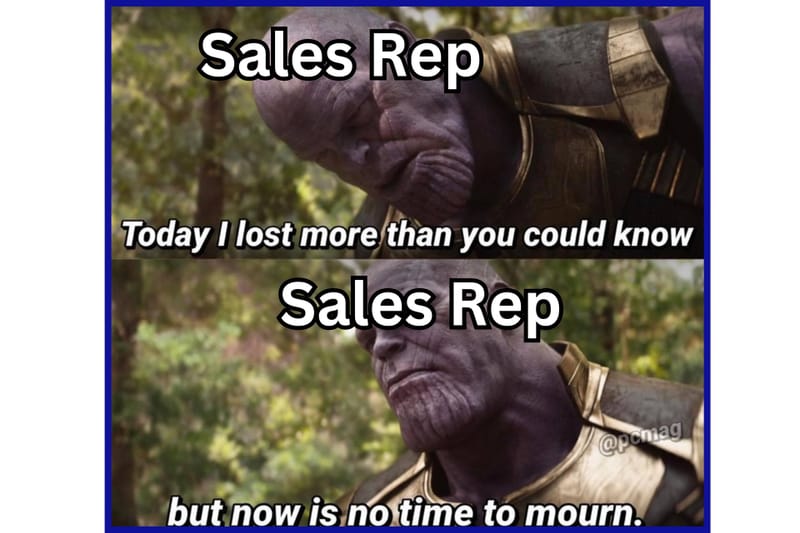
I suggest finding a different, more efficient way to go about your sales.
Alternatives
To my knowledge, technically, sales reps can still cold-call; it just requires a lot of hurdles to cross.
There might still be some legal issues, so I'd suggest either contacting a legal professional in Germany who can assess your situation and advice accordingly or trying the other available ways to reach prospects.
Here are some alternatives that you can employ:
Email Marketing
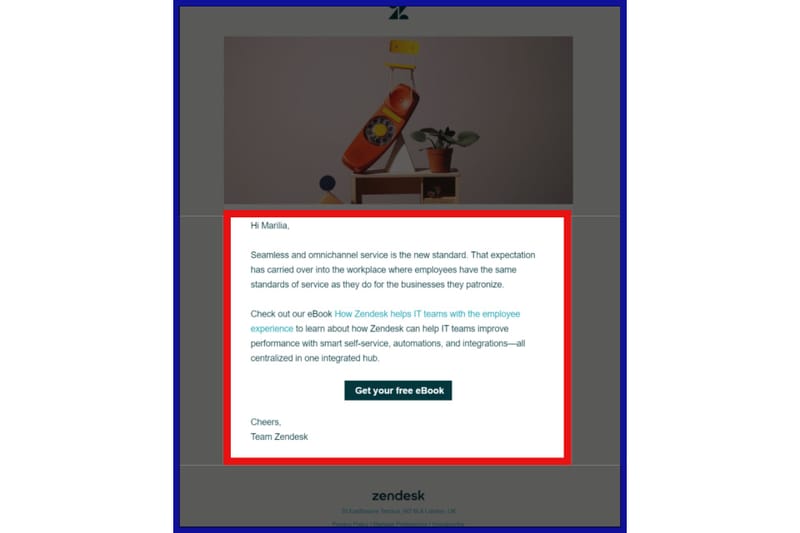
Email marketing allows businesses to maintain regular communication with prospects by sending tailored messages that address their specific needs and interests.
Make use of segmentation and automation tools. This will ensure that each email resonates with its recipient, which in turn will increase the likelihood of engagement and conversion.
Direct Mail
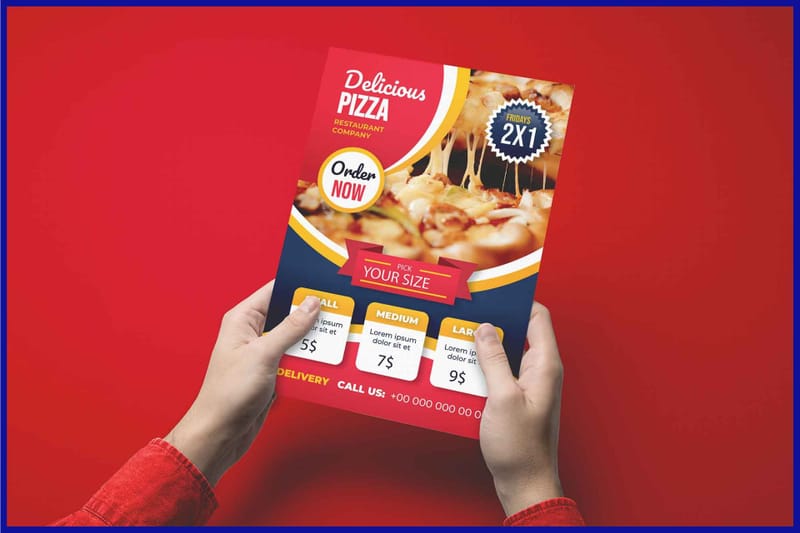
Despite the digital age, direct mail remains a powerful outbound sales technique, offering a tangible way to capture prospects' attention and differentiate from competitors.
By crafting compelling copy and creative designs, businesses can create memorable direct mail pieces that prompt recipients to take action, whether it's visiting a website, requesting more information, or making a purchase.
Social Selling
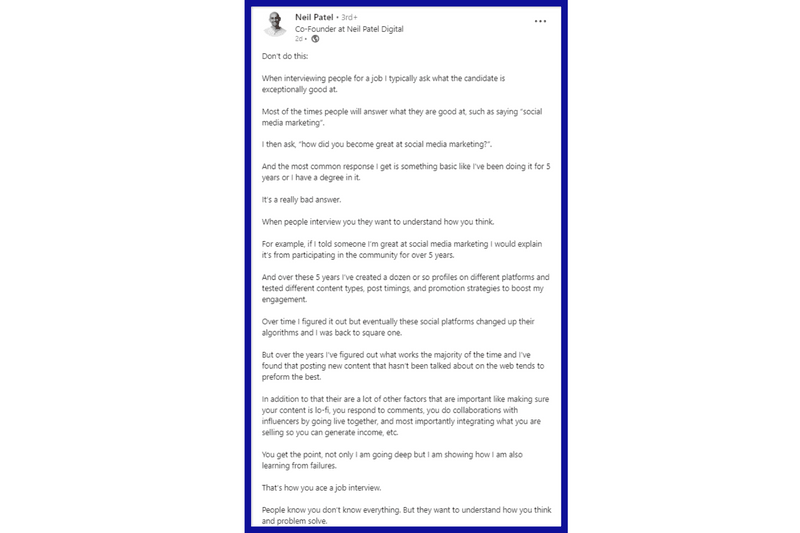
One of my favorite marketers is Neil Patel.
If you want to know his way, I definitely recommend you follow him on LinkedIn. He's very active there, which also contributes to his social selling aspect.
What social selling does is it enables sales professionals to leverage social media platforms as valuable tools for building relationships and driving sales.
By actively engaging with prospects on platforms like LinkedIn, Twitter, and Facebook, salespeople can establish credibility, provide value through relevant content, and, ultimately, move prospects through the sales funnel toward conversion.
Networking Events

Attending networking events provides opportunities for face-to-face interactions with potential customers, allowing businesses to establish rapport, showcase their expertise, and uncover new business opportunities. Let digital signage software do the talking for you, displaying your best offers and key information at these events.
By actively participating in industry conferences, trade shows, and networking forums, companies can expand their network, nurture relationships, and, ultimately, generate leads that result in sales.
Door-to-Door Sales

While door-to-door sales may seem old-fashioned, it remains a viable strategy for businesses, particularly in industries like home services, utilities, and telecommunications.
Directly approaching the consumers' homes or businesses will allow the sales representatives to engage in personalized conversations, address objections, and demonstrate products or services, ultimately closing sales and generating revenue.
Paid Advertising
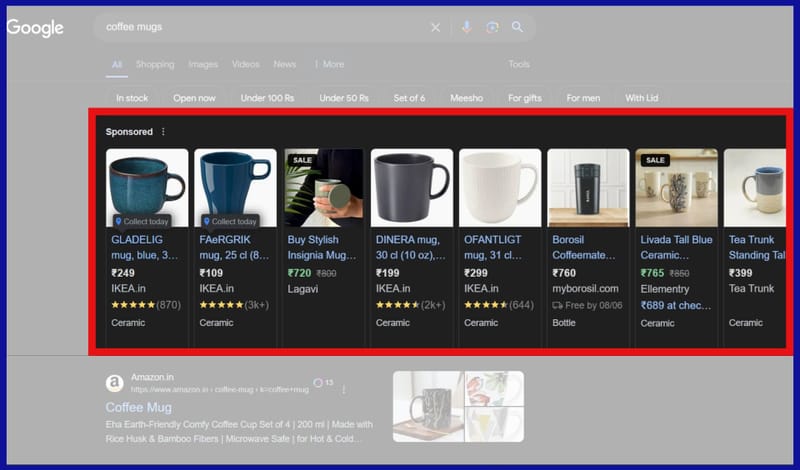
Paid advertising on platforms like Google Ads, Facebook Ads, and LinkedIn Ads allows businesses to target specific demographics, interests, and behaviors, ensuring that their messages reach the right audience.
Create compelling ad copy and optimize targeting parameters; companies can drive traffic to their landing pages or sales funnels, ultimately converting prospects into customers.
Content Marketing
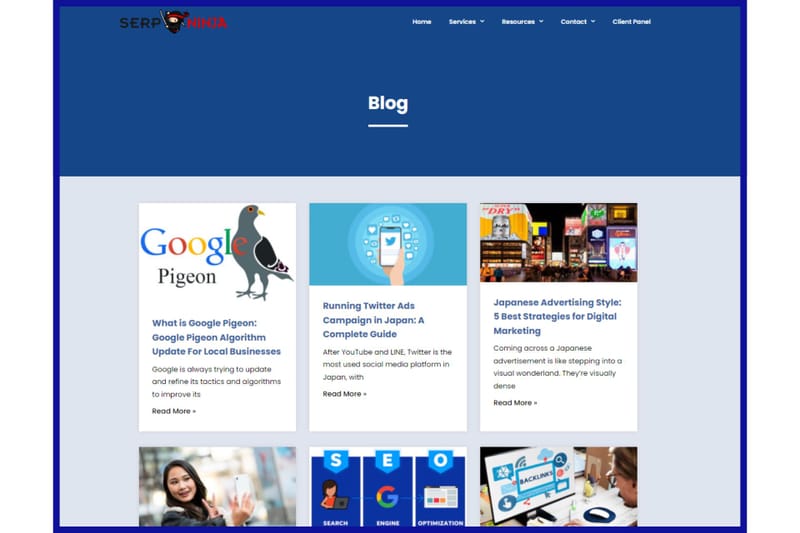
Content marketing involves creating valuable and informative content, such as blog posts, videos, or webinars, to attract and engage potential customers.
The above image is taken from an SEO agency that specializes in link building. You can tell that through blogs, valuable insights, addressing common pain points, and showcasing expertise are done. Which, in turn, establishes them as trusted authorities in their industry. This builds credibility and loyalty among their audience.
Affiliate Marketing
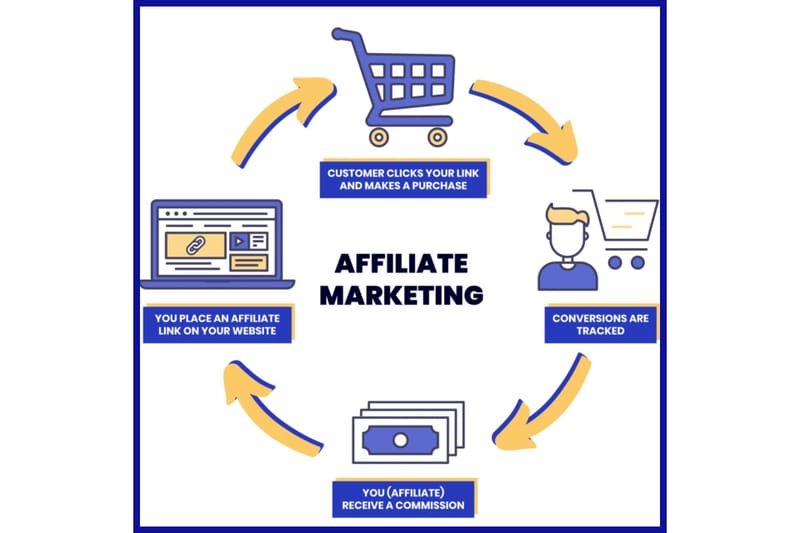
Affiliate marketing enables businesses to expand their reach by partnering with individuals or businesses (affiliates) who promote their products or services to their audience in exchange for a commission on sales.
UItilize the affiliate's existing audience so that companies can generate leads and sales without the need for upfront marketing costs or efforts.
Cold Emailing
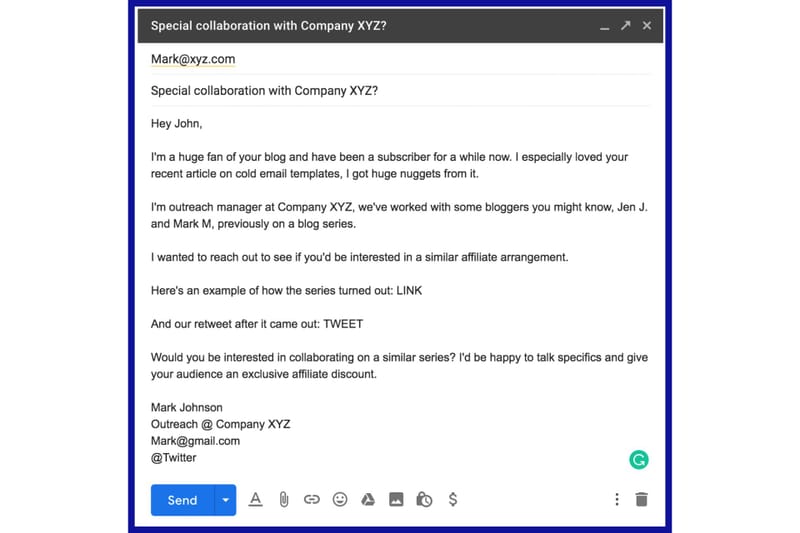
It allows businesses to initiate conversations with prospects by sending personalized, targeted emails that offer solutions to their pain points and address their specific needs.
Use email automation tools and tracking metrics like open rates and click-through rates. This way companies will optimize their cold email campaigns for maximum effectiveness and conversion.
Conclusion
The German market is a tough one to conquer, especially due to the existence of GPDR and UWG. But that doesn't mean it's impossible to make sales there.
All you need to do is try out different strategies and see which one sticks.
If it were up to me, I'd go and talk to a lawyer regarding the regulations and then check out other options.

